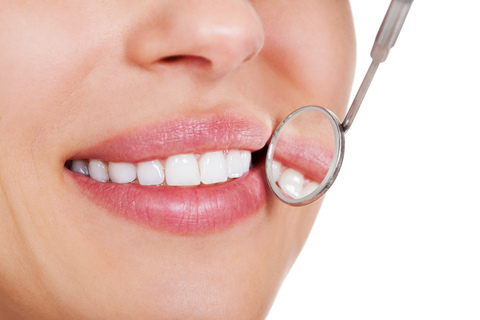Which whitening is right for you?
November 8th, 2017

Many of our patients at Weaver Dentistry have been asking us about brightening their teeth lately, and today we thought we would discuss the options available to you to put the sparkle back in your smile!
Over-the-counter products – You’ve probably seen over-the-counter whiteners such as whitening strips on store shelves. While whitening strips may work for some, they do have certain restrictions. For example, they are not nearly as effective when crowns or fillings are involved. Teeth that are stained gray instead of brown or yellow typically don’t respond as well to these types of whiteners. Whitening strips typically save you money but take longer to work and also require discipline on your part to keep them in place for the right amount of time each day.
Whitening at our office – This type of whitening can be done right at Weaver Dentistry. A whitening agent is applied directly to teeth and a special light helps accelerate the whitening process. This may be accomplished in one session or take several appointments. You should expect to spend anywhere from 30 to 60 minutes at each session. If you have a mix of natural teeth and fillings or crowns, Dr. Gregory Weaver may recommend bonding or veneers on your natural teeth instead of regular bleaching. Teeth whitening at our office can be used to correct many tooth discolorations which may have been caused by staining, aging, or chemical damage to teeth. Using the latest in whitening technology, we can offer a safe method for creating the beautiful smile you've always wanted.
At-home whitening – If you choose this option, Dr. Gregory Weaver will take a mold of your teeth and create a custom-fit whitening tray. Gel whitening solution is poured in the mouthguard-like tray, and the tray is worn for a pre-determined amount of time, generally from a couple of hours a day to every day during the night, until you’re back in our office for an evaluation.
Give us a call at our convenient Raleigh, NC office to schedule an appointment! Whiter teeth are one just one visit away at Weaver Dentistry!



